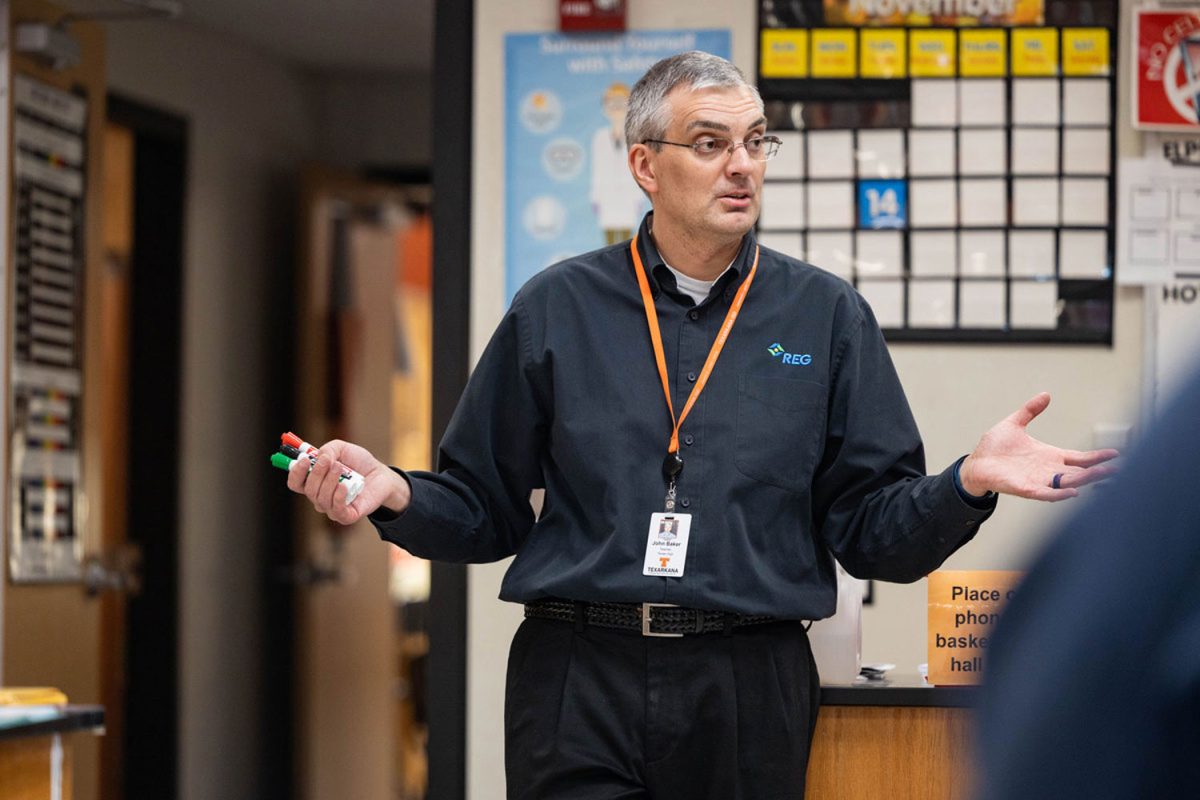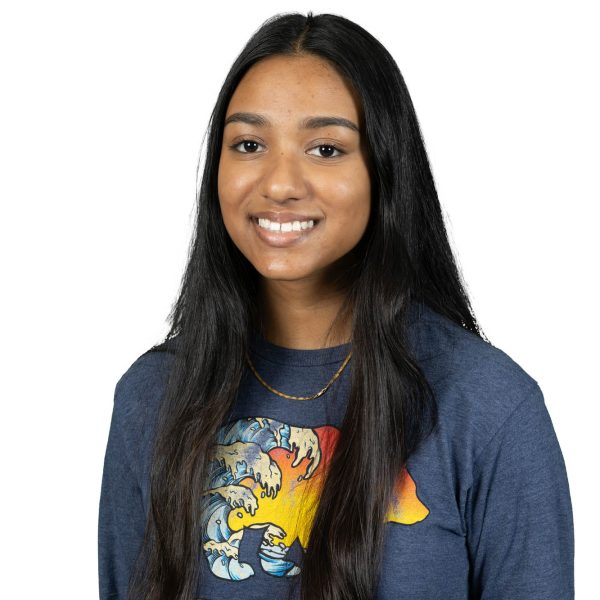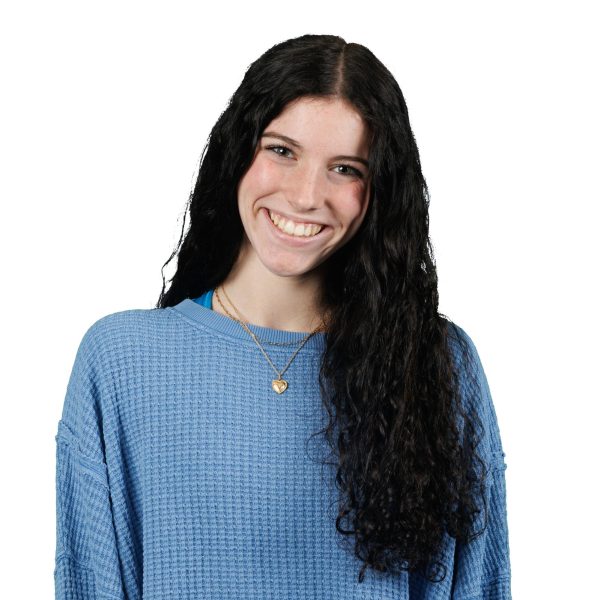Up in Room 214 of the Math and Science Building, science teacher John Baker stands in front of a classroom, casually teaching a room full of students. His students might know the basics about him such as this is his first year teaching at Texas High or that he’s Russian; however, most don’t know his story.
His journey to a new life first started when he came across an advertisement while he lived in Russia needing someone to work in a lab in America. He applied to the posting with hope but uncertainty.
“[I moved to America] 23 years ago [because] I answered a work ad,” Baker said. “There was an advertisement for a scientist to come to work here. I didn’t hear from the guy for like eight months, and then I heard back.”
Shortly after moving to the US, unexpected circumstances occurred that resulted in hardships.
“It was terrible because six months [after I moved] 9/11 [happened], so I didn’t have paperwork because they took all my paperwork away from me after crossing the border,” Baker said. “I couldn’t get paid even because I couldn’t apply for Social Security, and if you don’t have Social Security, you cannot open a bank account. So net result, I was living off of my savings for eight months.”
He resided in New Mexico, an area that is drastically different from Russia, especially when it comes to the climate. When he moved, it took some time to become acclimated.
“[In Russia], the UV index doesn’t get above five and when I came to New Mexico, it was 11 in the winter so when you wake up at four o’clock in the morning, the sun comes through the blinds in your room,” Baker said. “It was kind of surreal. The bright sun and hot temperature were not for me.”
To get assimilated into the new culture, Baker stayed close to his American friends and learned from their experiences.
“Just simply get connected with Americans, and they will accept you the way you are,” Baker said. “Become friends with them and they will show you what’s all about America. Don’t stay close to your community because you will never learn the culture of your new country. The faster you learn, the better you get adapted.”
While working at the lab in New Mexico, Baker met his wife, Texas High science teacher Amy Baker. They initially met when she was working on completing her bachelor’s degree, but they didn’t date until later.
“When I was a sophomore working on my bachelor’s in biology my advisor let me take a graduate class, and I initially met him in that class,” Amy Baker said. “But we actually didn’t start dating until about a year later.”
Hardships still arose during his early years, and he planned on going back to Russia; however, because it came with a risk, his mother-in-law supported him for a few months.
“I understood that [there] would be an exchange with pay [at a job], but he didn’t pay for like three months. So I was running out of funding. I was planning to go back home and come back when my job started,” Baker said. “So my mother-in-law found out what was going on and she actually fully supported me because she didn’t want me to leave and come back. because there was maybe no opportunity to come back because of the political climate. She supported me for four months until I got a new job.”
After finishing his Ph.D. and lab work in New Mexico, Baker worked as a professor at Texas A&M- Texarkana for a few years, but he realized that there were some gaps that needed to be filled. After a long journey, he ended up at Texas High, hoping to teach students the skills necessary to excel.
“I was at A&M [Texarkana] and while I was teaching the kids, I realized that there is a common misconception and lack of skills students have. I decided to leave and join the workforce at a chemical plant and then I found out those lack of skills get transferred to the chemical plant. It makes work at a chemical plant very dangerous because the lack of skills and understanding of the chemical process can lead to an accident and environmental disasters,” Baker said. “So I thought it was college students who come to college with the same lack of knowledge so maybe I need to go to high school and see if I can fix that problem. That way, kids will come out of high school and have the necessary skills to pursue any career without injury.”




